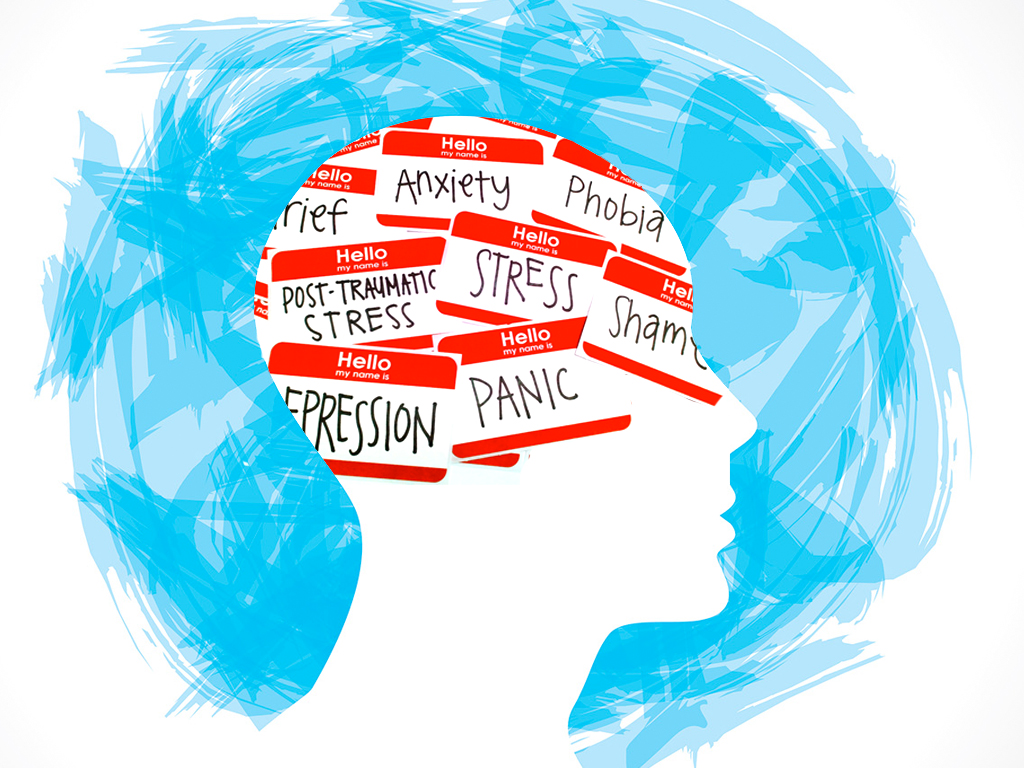New Study shows that 4000 Daily Steps is Enough to have Big Health Benefits
Introduction: Contrary to the old belief that achieving 10,000 steps daily is essential for good health, exercise scientists have clarified that even a small amount of movement can be beneficial. A recent study underscores that a relatively low number of daily steps can lead to significant health benefits.

Study Details: Researchers examined 17 studies that tracked individuals’ step counts over approximately a week and followed up on their health outcomes after around seven years. The findings indicated that maintaining a routine of just under 4,000 steps per day reduced the risk of all-cause mortality, including cardiovascular disease.

The Impact of Steps: This roughly translates to a 30- to 45-minute walk, covering about two miles, though individual needs may vary. Dr. Seth Shay Martin, a cardiologist at Johns Hopkins Medicine and study author, suggests that more steps yield greater health benefits. The study found that mortality risk decreased by 15 percent for each additional 1,000 steps taken.
Walking: The Best Medicine: Medical professionals emphasize that taking a walk is a highly effective way to improve health. Dr. Randal Thomas, a preventive cardiology specialist at the Mayo Clinic, highlights the study’s significance in promoting walking as a recommended practice. However, the study couldn’t definitively establish whether steps directly reduced disease risk or if healthier individuals simply walked more.
The 4,000-Step Target: While the study indicated a 4,000-step goal, it’s not a one-size-fits-all recommendation. Jennifer Heisz, an associate professor at McMaster University, cautions against treating it as a magic number. Dr. Martin concurs, stressing that the key takeaway is that increasing movement has a positive impact.

Every Bit Counts: Existing exercise research has already established the principle that more physical activity is better. Dr. I-Min Lee from Harvard Medical School points out that even small, everyday movements contribute to overall fitness. Quick trips around the house or a brief walk can accumulate to create a noticeable difference.

Value of Small Movements: People who consider themselves inactive or face challenges due to chronic conditions often underestimate the value of their movement. Dr. Heisz highlights the impact of even a brief walk break or an extra loop around the block.
Benefitting Those Who Move Less: The study suggests that those who are less active stand to gain the most from increasing their movement. Dr. Lee notes that individuals with higher step counts are often already engaged in exercise, while those with fewer steps can experience substantial benefits from incorporating more activity.
Incorporating Movement: To add more exercise, individuals can start by assessing their current step count using a fitness tracker or smartphone. Dr. Martin suggests simple strategies like walking during phone meetings, parking farther away, or engaging in active play with kids at the park.

Embracing Incremental Progress: Dr. Heisz addresses the discouragement some may feel when their steps fall short of the 10,000-step benchmark. She encourages adopting the mantra that “some is better than none,” asserting that even short movement breaks can offer physical health benefits and mental health benefits.
FAQ(s) about Health
Q1. What are the health benefits of being in nature?
The advantages for health that arise from spending time in natural environments include enhancing the immune system, reducing hypertension, alleviating stress, enhancing mood, and improving concentration, even in children dealing with ADHD.
Q2. What is your definition of health?
Q3. What are the benefits of walking?
Q4. What do you mean by fitness?
Q5. Why fitness is important in our life?
Q6. What is a good fitness?
The guidelines from the Department of Health and Human Services advise the following exercise recommendations: Aim for a minimum of 150 minutes of moderate aerobic activity per week, or 75 minutes of intense aerobic activity, or a mix of both moderate and intense activities.
Q7. What mental health means?
Mental well-being encompasses our emotional, psychological, and social state. It influences our cognition, emotions, and behavior, while also playing a role in our stress management, interpersonal interactions, and the decisions we make in favor of our health.
